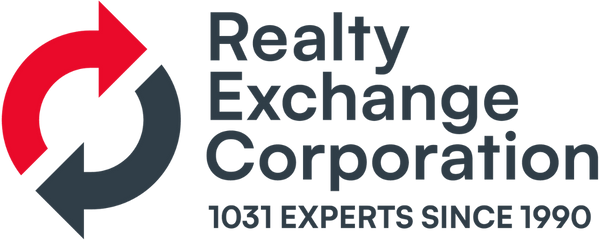By Ed Horan, Certified Exchange Specialist®
Vacation Property Conversions
When they talk about conversion in the real estate industry it is usually the process of converting an apartment building into condominiums. In the exchange world a conversion means changing a property from IRC 1031 qualifying status to non- qualifying status or vice versa. The most common exchange conversion occurs when a replacement property received in an exchange and held as a rental for a year or so is converted to personal use. The personal use can be as a principal residence, a second home or a vacation home with some rental.
Conversion to Personal Use
When a property is converted to personal use, then in the judgment of most tax authorities it no longer qualifies for a 1031 like-kind exchange. If the personal use of the property is greater than 14 days or 10 percent of the days actually rented at a fair rental price, then it may become a property held for personal use. Thus, the IRS definition of personal use becomes very important. The IRS definition of personal use is very broad and could catch a taxpayer unaware. In IRS Publication 527 personal use is defined as “any day that the unit is used by any of the following persons” – you (the taxpayer) or any other person who has an interest in the property; a member of your family or a member of any other co-owner’s family; anyone under an arrangement that lets you use some other dwelling unit; or anyone at less than a fair rental price. Fortunately maintenance days do not count, even if your family uses the unit while you are repairing it. The tax consequences of converting a rental property to full personal use or partial rental are significant. For instance, rental expenses in excess of rental income may not be deducted but must be carried forward to the next year. For details see IRS Publication 527 at www.irs.gov.
In addition, the property may no longer qualify for a 1031 exchange. For a property to qualify for an exchange, IRC Section 1031(a)(1) requires the property to be “held for productive use in a trade or business or for investment.” As explained below, when the time comes, the personal use vacation home can be converted back to a rental to qualify for a 1031 exchange.
Conversion to Investment Use
A taxpayer may have purchased a property solely for personal use as a vacation home. If it remains in personal use status when the time comes to sell the property, any gain will be fully taxed by both the state and federal governments. To defer the gain on the property by doing a 1031 exchange, the property must be converted to 1031 qualifying use. A vacation home is converted to qualifying use when personal use is limited, and it is rented or offered for rent. How long must a converted property be “held for productive use in a trade or business or for investment” to qualify for a 1031 exchange? No one can answer that question with certainty.
There is one 1984 Private Letter Ruling which says a two-year rental period is sufficient. However, most tax advisers suggest that a one-year rental period would demonstrate that the property has been held for investment or business.
Reporting Personal Use to the IRS
If you have rental income, then you report it to the IRS on Form 1040, Schedule E. This form reports for each rental real estate property the income, allowable expenses and depreciation taken. Also of importance, on line 2 of Schedule E, for each rental property listed, you must answer yes or no to “did you or your family use it for personal purposes for more than the greater of 14 days or 10% of the actual days rented at fair rental value during the tax year?” To qualify for a 1031 exchange, the Schedule E should reflect that personal use of the property was limited. If your property has been held for personal use and you now wish to convert it to business use so that you may complete a 1031 exchange, it is important that you discuss the details with your CPA or tax adviser.
-Ed Horan, CES®, is Senior Exchange Consultant for Realty Exchange Corporation, Gainesville, VA, and author of How to Do a Like Kind Exchange of Real Estate – Using a Qualified Intermediary
This publication is designed to provide accurate information on tax-deferred exchanges. The publisher is not engaged in rendering legal or accounting services. If legal or tax advice is required, the services of a competent professional should be sought.
